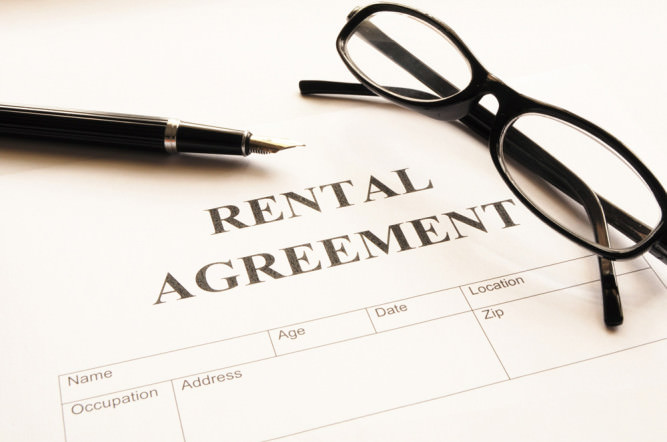Daniel G. Caserto and M. Scott Gazlay have joined Lueder, Larkin & Hunter's closing practice. Dan is joining as a partner, and will be managing the firm's Buford and Suwanee offices. Both Dan and Scott will be practicing out of the firm's newly opened Buford and Suwanee locations. Dan grew up in Westchester County, New York in the town of Somers. He graduated from Binghamton University, then went on to receive his law degree from Buffalo School of Law. He is licensed to practice...
Read More...
These are the questions we are frequently asked regarding the closing process: Q: What information do you need from me to start the process? A:Review our information sheets: Click here for access buyer information sheet. Click here for seller information sheet. Q: What do I need to bring to closing? A: Click here for closing checklists and choose the one that applies to you. Q: I'm the buyer. How can I get a copy of your fee sheet? A: Click here for our fee sheet. Q: How can I find out...
Read More...
Neighborhood covenants usually require owners to obtain architectural approval before building new structures or modifying existing structures. The courts have repeatedly held that such architectural restrictions are fully enforceable. But we all know that not everyone follows the covenants. What happens if an owner makes unapproved changes and then sells the property before the violation is corrected? Does the violation continue so that the new owner is responsible for correcting it? The...
Read More...
The governing documents for new communities often do not restrict the number of properties that may be leased. The reason is because many developers would like to sell properties in the new community (whether the community consists of condominiums, townhouses, or detached homes) and do not mind if investors purchase multiple properties with the intent of using them as investment rental properties. Once a community is built out, however, many homeowner-controlled boards desire to restrict...
Read More...
The first part of this article addresses Georgia Code Section 44-5-60, which is the Georgia statute that generally pertains to the duration of restrictive covenants, and the Georgia appellate court cases that have addressed that Code Section. The second part of his article addresses how Code Section 44-5-60 relates to the Georgia Property Owners’ Association Act (commonly referred to as the “POA”). I. CODE SECTION 44-5-60 Georgia Code Section 44-5-60 used to provide that covenants...
Read More...



